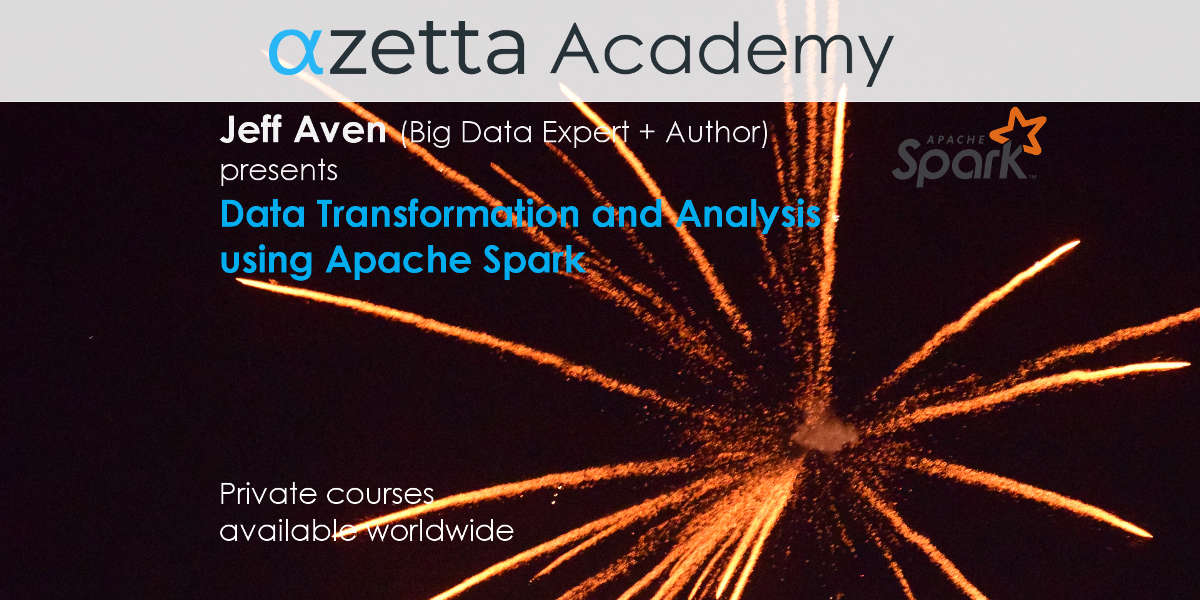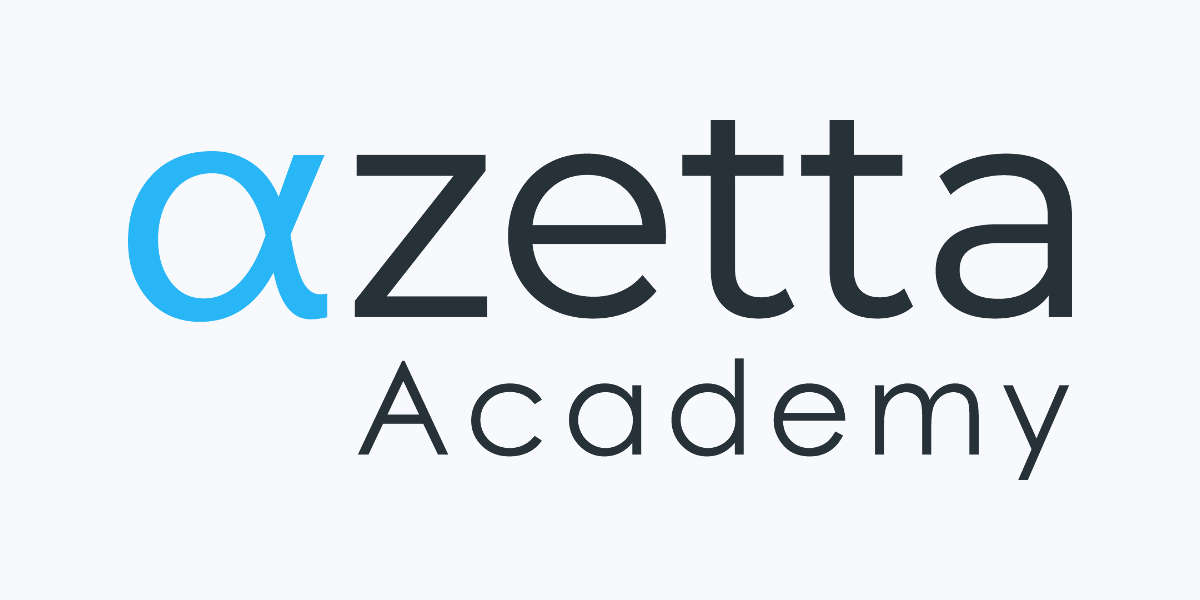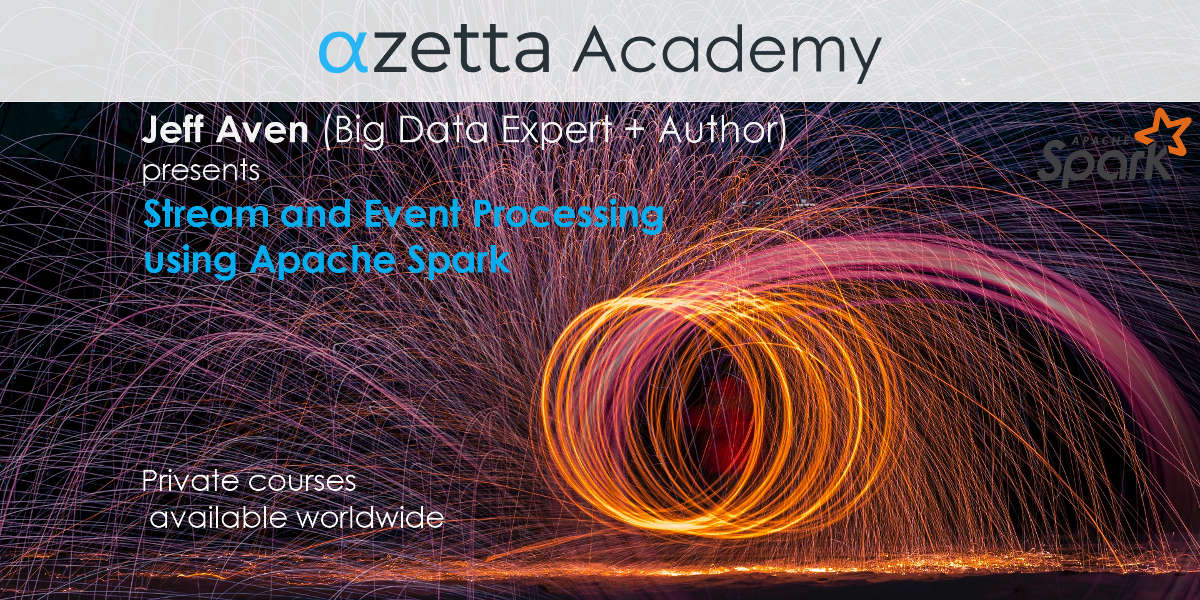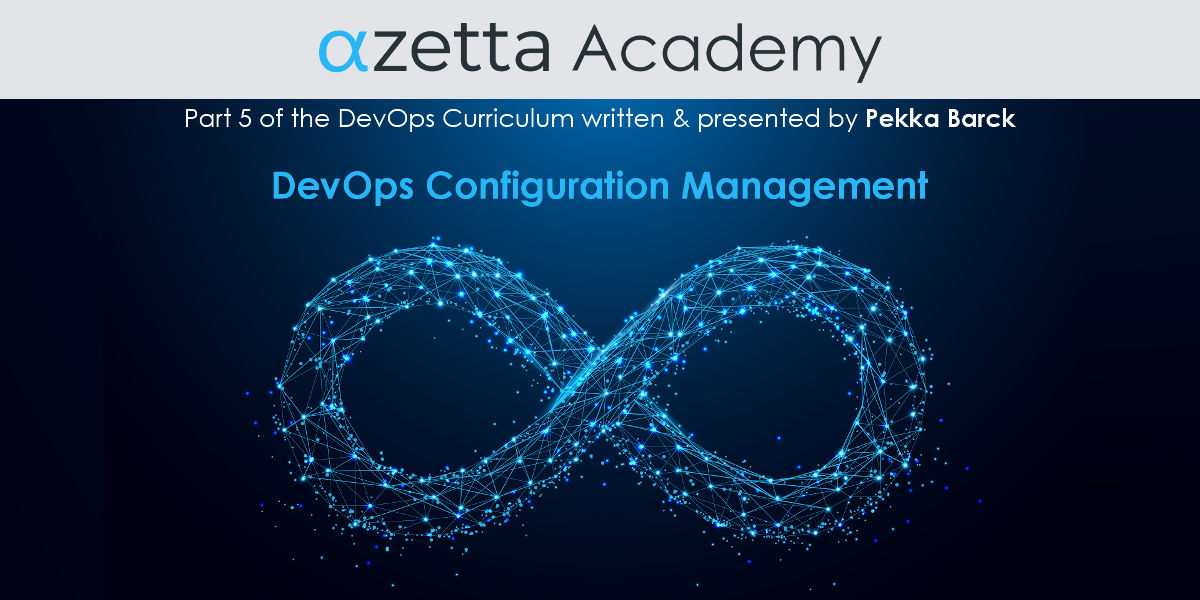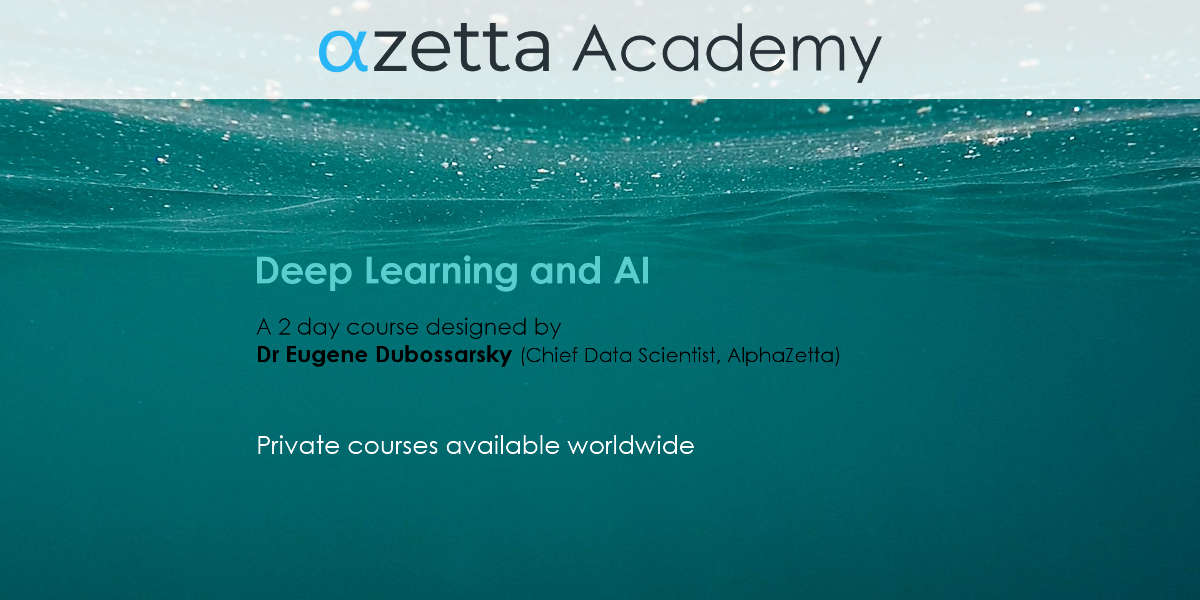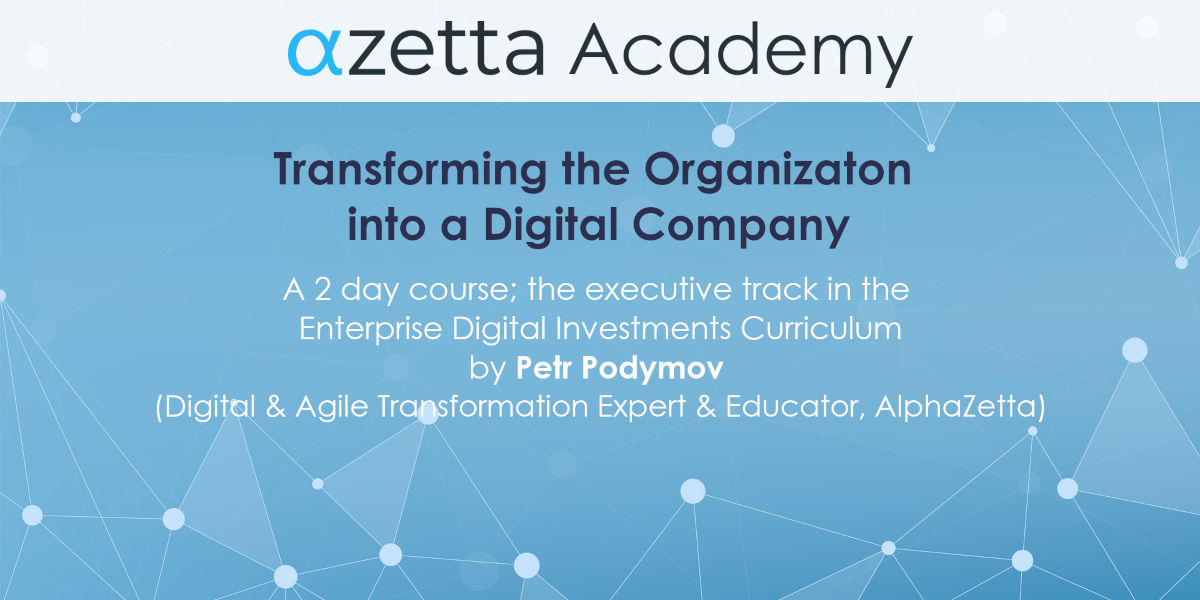Advanced Analytics Using Apache Spark
With big data expert and author Jeffrey Aven. The third module in the “Big Data Development Using Apache Spark” series, this course provides the practical knowledge needed to perform statistical, machine learning and graph analysis operations at scale using Apache Spark. It enables data scientists and statisticians with experience in other frameworks to extend their knowledge to the Spark runtime environment with its specific APIs and libraries designed to implement machine learning and statistical analysis in a distributed and scalable processing environment.




